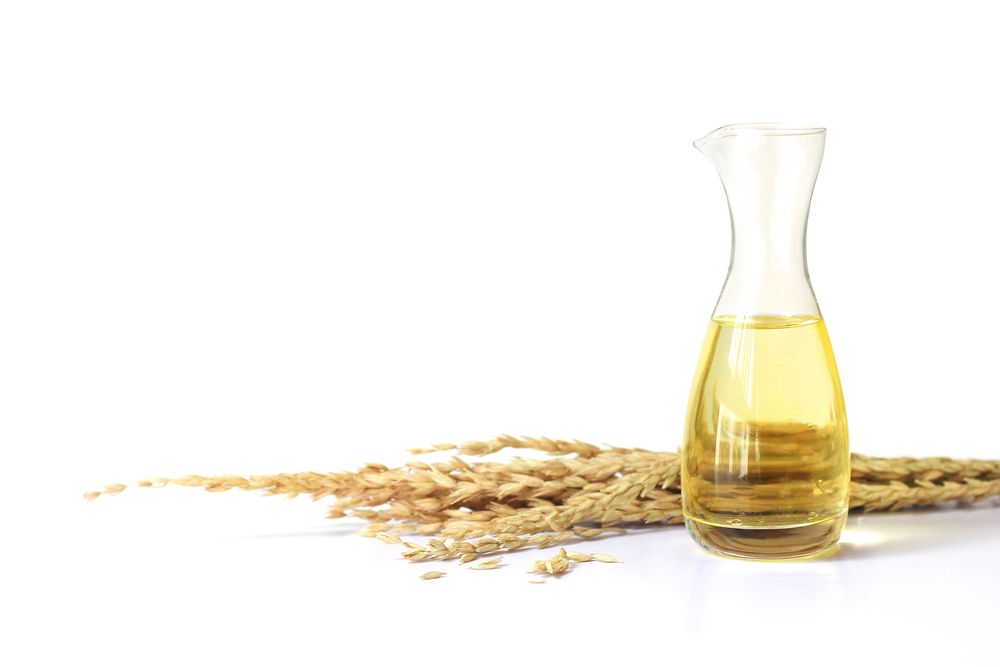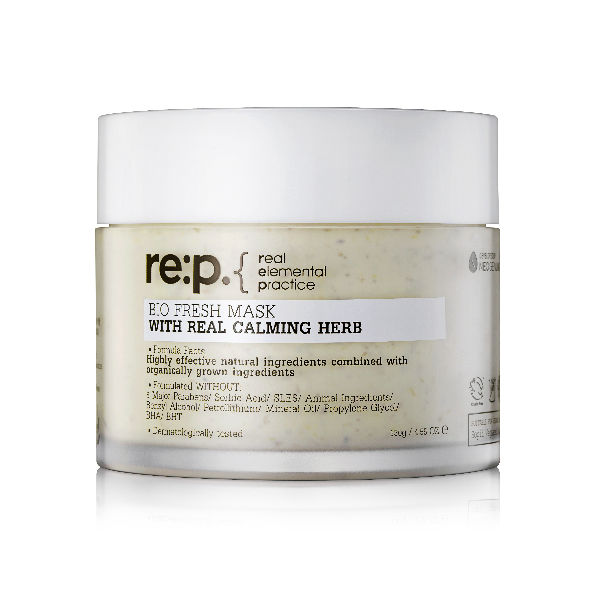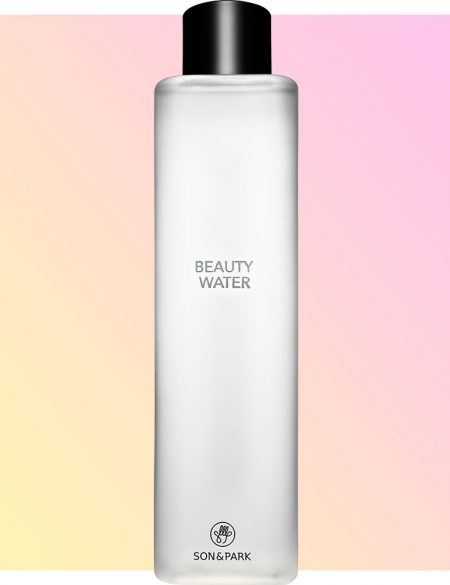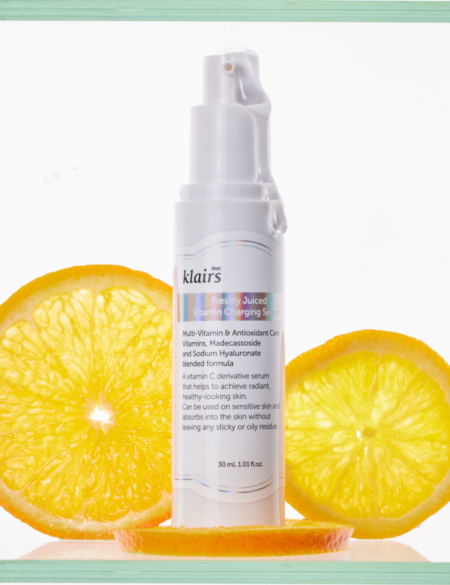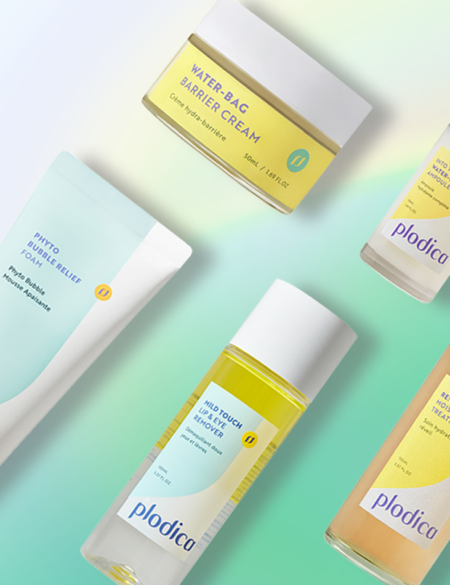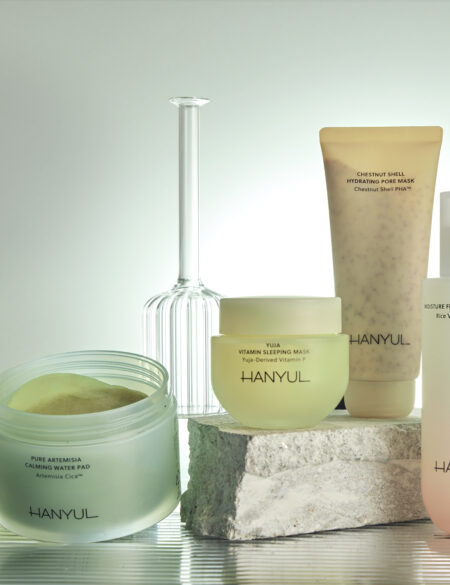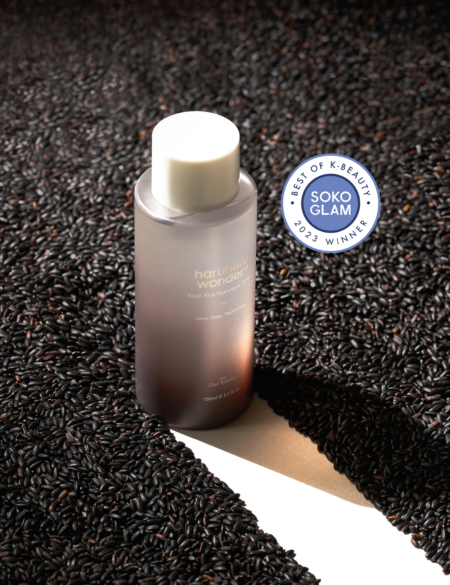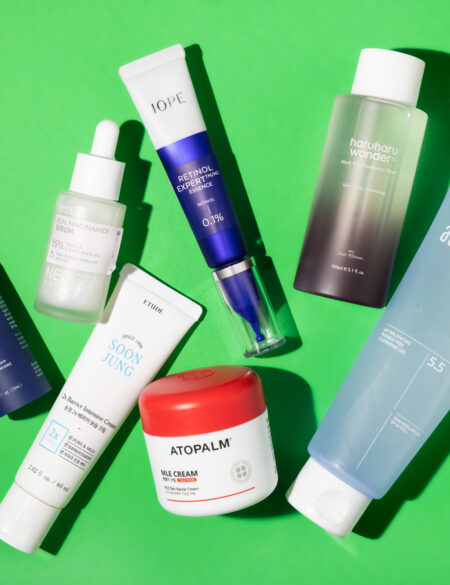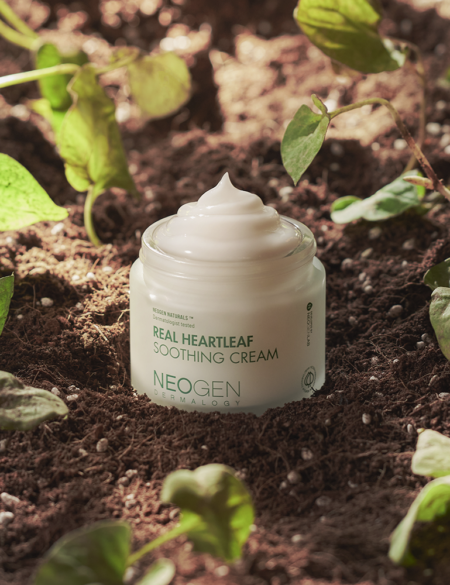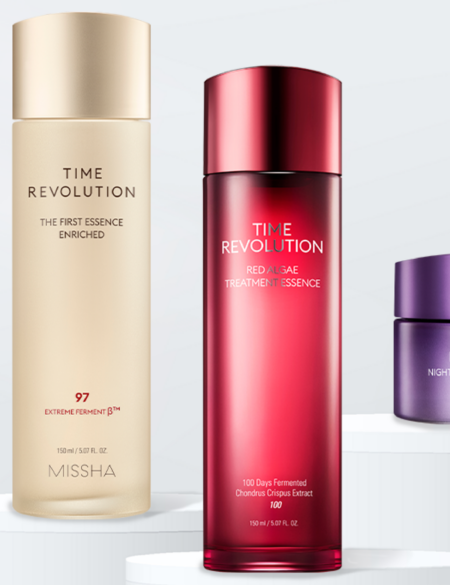Welcome to Mother’s Day Week at The Klog! In honor of the hardest-working women on the planet, we’re publishing a collection of articles and videos devoted to moms-to-be, new moms, and the moms we’ve been relying on for years. Today, we have two derms answer: What’s the best skincare for pregnancy, and what’s the safest way to tackle pregnancy-related issues?
The world is just as it should be: you’re with child, the nursery plans are coming along, your spouse is being impossibly sweet, your friends have surrounded you with love and excitement, and you’ve got that tell-tale “pregnancy glow.”
But wait… what’s that? Acne breakouts? Stretch marks? Something called “pregnancy mask”? Sure, all these skin issues pale in comparison to the joy of bringing a life into the world and building a family, but they can still bother you. We consulted two top dermatologists about common skincare-related pregnancy issues to help you understand, prevent, and minimize them. We’ve also asked them to share the best skin care for pregnancy so you don’t use the wrong products.
The Issue: Acne
One of the biggest skin care issues that pregnant women experience is acne, which is prompted by hormonal changes, says Jeannette Graf, a New York-based dermatologist. It’s especially prevalent in the first and second trimesters when your body starts producing androgens like they’re going out of style. This hormone causes your skin to create more sebum, which as you may know, leads to clogged pores, inflammation, and a greasy film.
“If breakouts should occur, it’s advisable to see a dermatologist since there are medications that can be used to treat these conditions which are considered safe during pregnancy,” says Graf.
On that note, pregnant women should avoid retinoids (vitamin A) and benzoyl peroxide, which are both effective at treating acne, but are not approved during pregnancy. To help keep your skin clear, do a thorough cleansing job every day, and lightly exfoliate at least twice a week. This prevents your pores from clogging up with dead skin cells, prevents bacteria growth, and generally brightens the skin.
We suggest exfoliating with the RE:P Bio Fresh Mask With Real Calming Herb—a clay-based mask full of pregnancy-approved ingredients, like calendula water and rose water.
The Issue: Hyperpigmentation
Another common skincare issue pregnant women deal with is hyperpigmentation that develops on their face, which is medically referred to as melasma and more commonly referred to as “pregnancy mask.” This presents as grayish or brown splotches on the face, and some women experience more severe melasma than others.
“Melasma is completely due to the hormonal changes during pregnancy, so if someone is prone to this condition it is nearly impossible to prevent,” Graf notes. “However, wearing sunblock and staying out of the sun can lessen its severity should it occur.”
In other words: Do your best to stay out of the sun while pregnant, and make sure to wear the heck out of your sunscreen. Keep a bottle in your purse, in your car, on your work desk, and by the front door!
David J. Goldberg, a dermatologist who’s also based in New York, recommends zinc oxide (physical) sunscreens versus chemical sunscreens for pregnant women. One of our all-time favorite physical sunscreens is the Neogen Day-Light Protection Airy Sunscreen. He also says that if you do experience melasma, you should wait to treat it until after you’ve give birth.
“The products used to treat hyperpigmentation—such as hydroquinone and Kojic acid—are not approved in pregnancy,” he explains. Both dermatologists say the hyperpigmentation should reduce slightly over time, and that you can use the lightening agents mentioned above, and others, once you’re no longer pregnant.
The Issue: Dark under-eye circles
Dark under eye circles are caused by—you guessed it—hormonal changes. Fatigue, especially during your third trimester when it’s nearly impossible to get comfortable at night, can also exacerbate the issue. Fortunately, a couple of pregnancy-approved things can help with this.
First, make sure you’re drinking plenty of water to stay hydrated. Second, do your best to get sleep when you can (we know, we know—but do try!). Another option is to target the dark eye circles and plump them up. Choose pregnancy-approved ingredients for this, such as 100% camellia oil or 100% rosehip oil, as well as hyaluronic acid, which plumps skin and helps it retain moisture. A great eye serum with hyaluronic acid is the Hanskin Real Complexion Hyaluron Eye Serum.
You can also try a cold compress over your eyes (or the ol’ cold spoon trick), and moistened, cooled green tea bags or cucumbers will also help soothe your tired eyes.
The Issue: Stretch marks
Stretch marks are a bit of an outlier when it comes to pregnancy skincare woes because they aren’t triggered by hormonal changes, but “tend to occur genetically,” explains Graf. They can also be caused by rapid weight gain, which can occur at any time during the pregnancy, but especially during the third trimester.
Though it’s mostly out of your control, Graf says, “Using very emollient products, such as cocoa butter, can diminish the severity by increasing the plasticity of the skin.”
Other pregnancy-approved emollients include camellia and rosehip oil, as mentioned above, as well as shea butter, coconut oil, and tamanu oil.
Outside of applying moisturizers, also do your best to stay within the diet and exercise guidelines provided by your doctor to prevent excessive weight gain, says Goldberg. And if you do get stretch marks? Well, don’t be too hard on yourself. Almost everyone in the world has them—supermodels, celebs, and men included—and they do fade over time.
Despite all these skincare issues, there’s one thing you can count on that you’ll actually enjoy while carrying: pregnancy glow. Both dermatologists confirm it’s totally a real thing caused by the increased blood flow and a feeling of “well-being” thanks to pregnancy hormones. They’re good for something, see?



